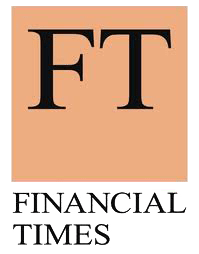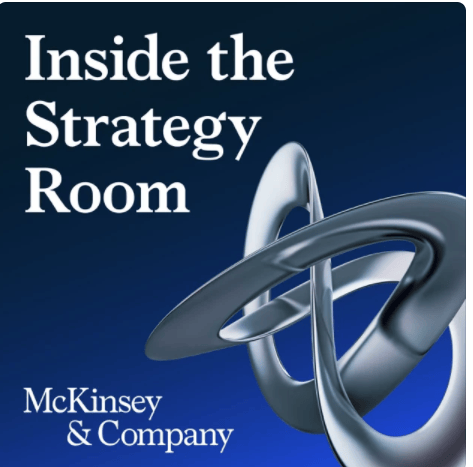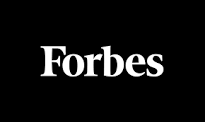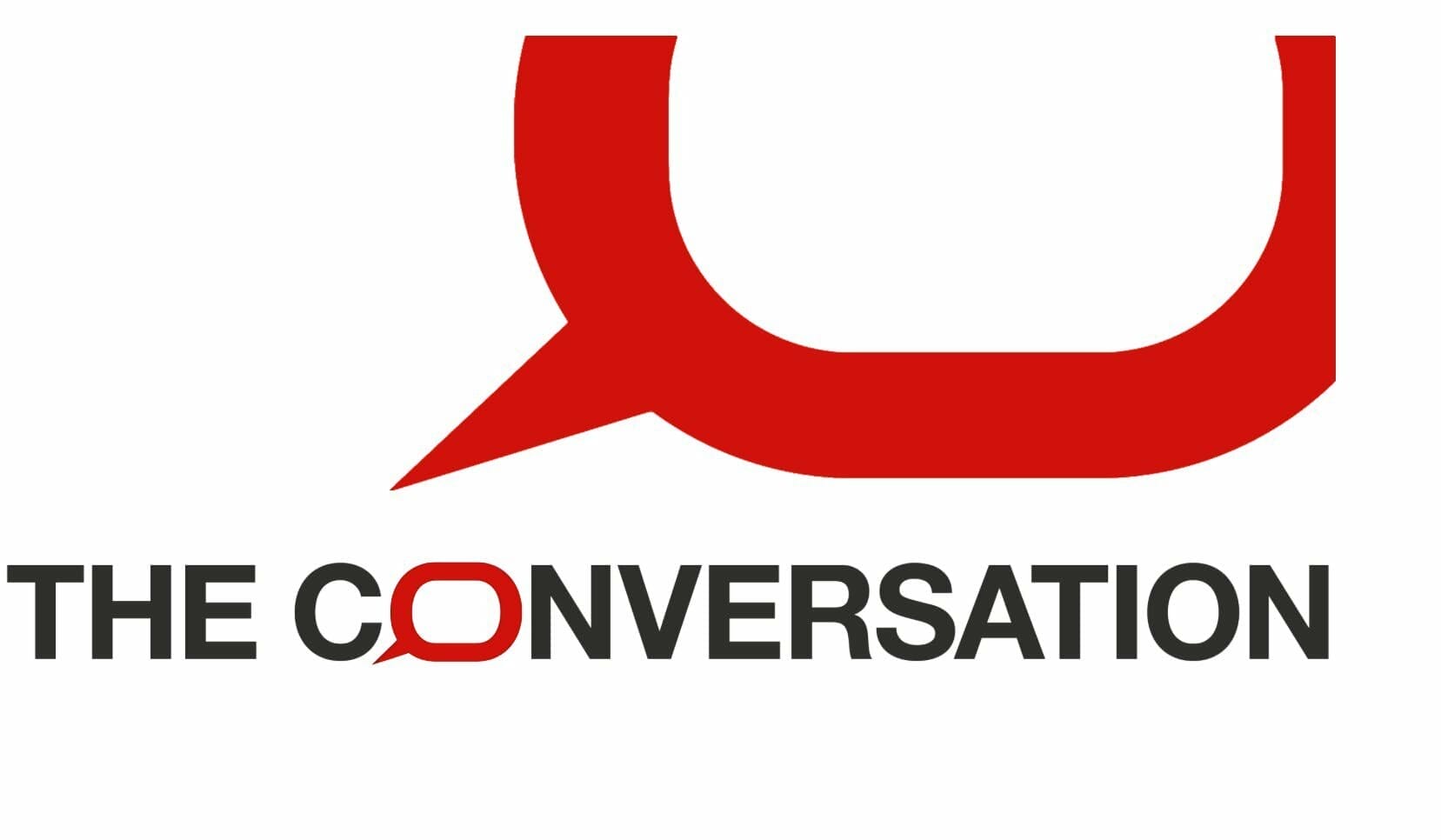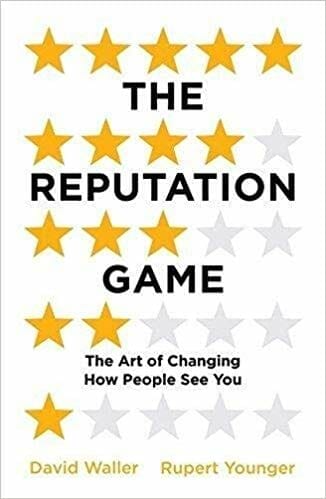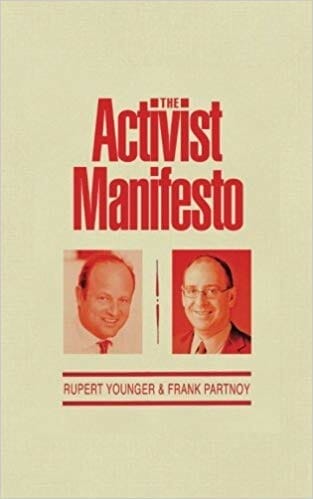Videos
Learn More About Rupert Younger
A stark truth in today’s hyper-connected world is that perceptions now seem to matter more than facts. Our choices of who to work, live and socialize with are shaped not only by how we perceive them directly, but also by what our connection with them looks like to others. We now live in a world where what we seem to be determines what we actually become. This new world applies not just to individuals, but also to companies, institutions and countries. Rupert Younger, founding director of Oxford University’s Centre for Corporate Reputation, is helping them understand the rules of “The Reputation Game” – and win.
For 25 years, Younger has advised organizations, governments and their leaders on global reputation strategies, teaching them how to shape perceptions and build cultures that lead to responsible reputation transformations. He draws from the best of his two worlds – the rigor and rich analysis of academia and real-world, hands-on consulting – to deliver actionable insights. Younger doesn’t rely on third-party experiences or case studies; rather, he leverages decades of personal, pioneering research and practical examples, both well-known and less obvious (but more interesting and valuable, he believes), to reveal how reputations are created, sustained, destroyed and rebuilt.
Younger takes a similar approach in his best-selling book, “The Reputation Game: The Art of Changing How People See You” (Oneworld Publications, 2018), co-authored with David Waller. In the ultimate reputation guide, the duo skillfully combines research with colorful cases and first-hand interviews with a host of major figures – ranging from billionaire rapper and entrepreneur Jay-Z and LinkedIn co-founder Reid Hoffman to Bernie Madoff and Man Booker Prize-winning Hilary Mantel – to illustrate different facets of how reputation works through the lenses of behaviors, networks and narratives.
In addition to “The Reputation Game” (now available in six languages), Younger is co-author of “The Activist Manifesto,” an extract of which was published in the Financial Times (it was published in English by CreateSpace Independent Publishing in 2018 and in German in 2019, and is forthcoming in various other languages). A frequent keynote speaker at business, academic and policy fora around the world, he has spent the last 12 years at Oxford, his work encompassing research direction, teaching MBA students and engaging with companies through the school’s global executive education programs, as well as with national governments on the dynamics of reputation as a policy tool. Younger’s work and views are regularly featured in major news outlets, including the BBC, CNN, the Financial Times, The Wall Street Journal, The New York Times, and The Times of London.
From 2012-2017, Younger chaired The University of Oxford’s Socially Responsible Investment Committee of Council and is a member of the Senior Common Rooms at Worcester College, Oxford and St. Antony’s College, Oxford. He is also the co-founder of The Finsbury Group, a leading global strategic advisory business; a Trustee of the international mine clearance and humanitarian charity The HALO Trust; and was appointed by HM Queen Elizabeth II as her High Sheriff of Hampshire for 2013-14. He is a member of the Royal Company of Archers, the Queen’s Bodyguard in Scotland.
Rupert Younger is available to advise your organization via virtual and in-person consulting meetings, interactive workshops and customized keynotes through the exclusive representation of Stern Speakers & Advisors, a division of Stern Strategy Group®.
Don’t Feed the Trolls: The Art of Countering Malicious Influence
Open any social media app and you’re sure to see unfounded character assassinations against leaders and organizations all over the world. How can companies protect themselves and foster a culture prepared to respond to such attacks? Drawing from his upcoming book, Rupert Younger, founding director of the Oxford University Centre for Corporate Reputation, dives into the thought process behind malicious behaviors online and provides strategies to safeguard against hostile users. His research incorporates insights from economics, psychology and personal encounters with notorious figures to outline defense mechanisms against the “dark triad traits” common among internet trolls. Attendees will learn practical strategies for bouncing back from personalized attacks and developing a supportive organizational culture. A compelling speaker, Younger provides a toolkit for turning negative energies into opportunities for strengthening character, enhancing both leadership and community resilience.
AI and Ethics: How to Protect Company Integrity
As artificial intelligence becomes a key element of many businesses, how can organizations ensure their AI strategies are ethically sound and enhance, rather than endanger, company integrity? The solution is to treat AI as a stakeholder, says Rupert Younger, one of the world’s top experts in reputation, molding perceptions and influencing stakeholder trust. Emphasizing that technology should be held as morally accountable as corporations are, he presents comprehensive AI governance frameworks that extend the responsibility beyond IT departments to embed ethical AI considerations throughout a company’s strategy. Younger’s pioneering concept of ‘Sentinel AI’ – systems developed to detect and correct AI that veers off course – helps leaders determine and declare what AI should be allowed to do, rather than just what it can do, keeping the tools in line with an organization’s values. Attendees walk away with a better understanding of the complexities of ensuring AI integrity and how to align technological advancements with ethical standards and corporate accountability.
The Rise of Reputation: Why and How Reputation Has Become Your Most Valuable Currency
In our hyper-connected society, reputation is the most valuable modern currency, and it will only continue its rise as the data and AI revolution gains momentum. People and businesses alike are now rated and ranked in ways never before possible. Getting the right job, securing a place to stay, and even our love lives are increasingly dictated by reputation. In this presentation, Rupert Younger rejects the assumption that reputation systems are advanced, while explaining how those from around the world – including China’s Social Credit Score and other AI data systems being developed in California’s Silicon Valley and Beijing’s Zhongguancun district – will, over the next few years, supercharge the power of reputation in determining what we are allowed and enabled to achieve. He delves deep into how reputations are created, sustained, destroyed and rebuilt, leaving companies and their leaders with a strategy to compete in today’s reputation economy. Like it or not, “The Reputation Game” is one we’re all playing, and Younger is helping leaders and their companies win.
Savvy Business Strategy: A Case for Corporate Activism
What would Marx and Engels write today? This was the question Rupert Younger, together with his co-author Professor Frank Partnoy (UC Berkeley), set out to answer in the summer of 2017, 170 years after the publication of arguably the most famous manuscript of the 19th century: The Communist Manifesto. What resulted was “The Activist Manifesto,” a reflection on the phenomenon of inequality in today’s society. Younger uses The Activist Manifesto as an entry point into a powerful and provocative discussion around the underlying forces of populism and social division that characterize today’s Western developed economies and societies. He draws insights that explain the rise of Trump, Brexit and other contemporary fracture points. He also outlines the actions that modern organizations and their leaders can take to embrace what has become a pervasive and growing global movement —corporate activism — and why this is not only the right thing to do but also a savvy commercial strategy.
Trust: The New Currency in the Digital Era
Trust is fundamental to almost every action, relationship and transaction in society. At the same time, technology, ever-evolving and rapidly changing, is affecting who and how we trust. Rupert Younger’s expertise in reputation and trust systems serves as a strong foundation for shaping how organisations engage in the digital age. With public trust in traditional institutions – governments, banks, charities, media – at an all-time low, his presentations reveal how we as people, and as leaders, can engage effectively in such environments where authenticity is doubted, and fake news is normal. How are reputation and trust shaped in a world where information is increasingly curated and transmitted by third part algorithms? Younger answers this question and more, as he illuminates the impacts of technology on trust, which businesses and society need to survive and thrive now more than ever.
Companies in Crisis: The Analytical Power of Capability vs. Character
Crises come in many different forms. In the last year alone, we have had IT failures, data breaches, corruption scandals, health and safety crises, and plain daft stupidity in customer care, to name a few. The impacts of these offenses have been equally varied, from share price collapses to significant punitive fines. Yet, all have claimed their scandals “left their reputation in tatters.” But, is that really true? United still flies planes. BP still produces oil. Volkswagen still sells cars. Rupert Younger unpacks this question — and these real-world examples — through two reputation lenses: capability and character. In this presentation, he analyzes why the distinctions between capability (perceptions about the ability of a company to do what they say they do) and character (perceptions about how they go about doing what they do) matter, and to whom they matter most. He also offers insight into the strategies required to manage and overcome each type of reputational crisis, and explains how to fight, and win, on today’s newest reputation battleground: social media.
Rupert Younger has advised major companies and their leaders on reputation strategies for over 25 years, having co-founded the Finsbury Group in 1994. In this role, he has worked with organisations to create narrative and engagement strategies aimed at creating a license to operate in the specific sector or geographical environments in which these firms operate. Rupert is available for workshop events where there is a need to review reputational strategies and create powerful and effective engagement plans in pursuit of specific organisational aims.
Praise for “The Reputation Game”
“Trust is the foundation of friendship, society, business, and brand. A must-read for those who intend to build a reputation of authenticity and enduring value.”
“From the soft power of nation states to the brand popularity of commercial products, reputation is supremely important. This interesting book places the issue in its rigorously argued context – an important matter for every senior executive in the public and private sectors.”
“The insights in The Reputation Game are a masterclass of pattern recognition. This book shows us that no matter who you are, your industry or hustle, reputational capital is at the centre of success or failure. Waller and Younger use as examples the rise and fall of great companies, countries, gangsters, and pop-culture icons to show us the moments and choices that are truly the ‘art of changing how people see us all.'”
“An insightful and really rather fascinating study of what one might argue is the issue of our age: the creation and management of a reputation. The authors have clearly managed to get great access to a huge number of people and the results make for very compelling reading. It’s well-written, too. In fact, it’s required reading for anyone who truly wants to understand the modern media age.”
“In life and in business a good reputation is probably our most prized possession, hard won and easily lost. This book provides insight into the sources of reputation, illustrates by case study the impact of loss and charts the route to recovery. It is a valuable contribution to this increasingly important topic.”
“You’ll learn why reputations are more valuable than money; you’ll learn how they’re built and tended and enriched; and how, if neglected, they can catastrophically implode. It might have been called, ‘How to ensure that everybody knows just how good you know you are really.'”








